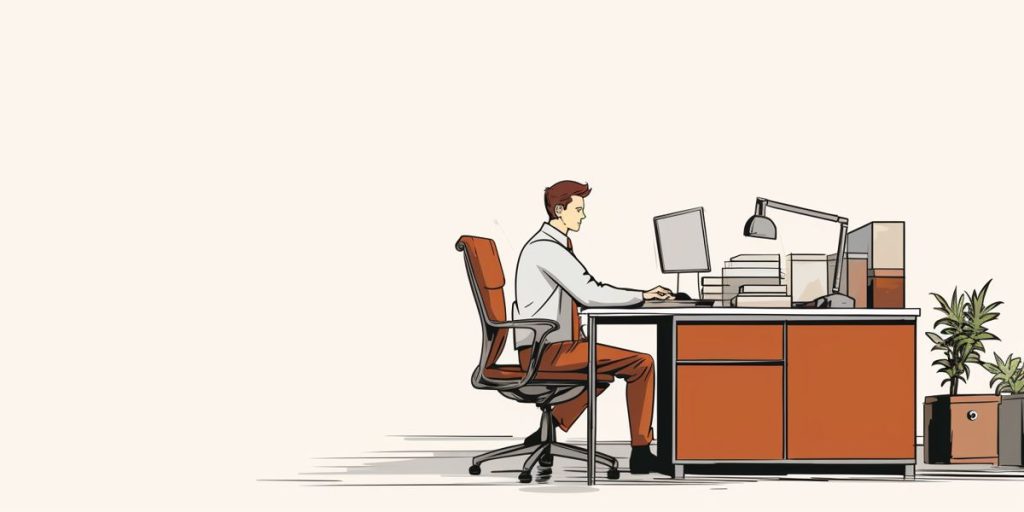A landmark legislative initiative is set to be introduced before the Christmas holiday season, aiming to provide suitable seating and scheduled breaks for employees who stand for long hours. The bill, which aligns with EU directives, seeks to minimize health risks and improve working conditions by addressing the physical demands of different occupations.
What are the key features of the new workplace seating and breaks legislation?
- The proposed bill mandates suitable seating for employees who stand for long hours.
- It requires employers to provide scheduled breaks for jobs demanding continuous standing.
- The legislation aims to minimize health risks such as musculoskeletal disorders.
- Compliance checks will be enforced by the labor inspection department.
- The bill aligns with EU directives for worker safety and health.
Addressing the Demand for Seating in the Workplace
In an effort to improve working conditions for employees across various sectors, a legislative proposal is slated for introduction to the parliament before the Christmas holiday season. This bill focuses on a critical yet often overlooked aspect of occupational health: the provision of suitable seating for employees who spend a considerable portion of their workday on their feet.
The bill’s proponents assert that many workers who currently stand for extended periods could benefit from the option to sit, and the legislation aims to make this a standard practice. This approach is not only about comfort but also about minimizing the long-term health risks associated with prolonged standing.
Mandatory Breaks for Standing Jobs
For certain job roles where sitting is impractical, the proposed legislation mandates that employers should offer scheduled breaks. These breaks are crucial for workers’ physical wellbeing, as continuous standing can contribute to various health issues over time. By instituting regular breaks, the bill seeks to alleviate the intensity of these occupational demands.
Ensuring Employer Compliance
Once passed, the bill would empower the labor inspection department with the responsibility of conducting checks to enforce compliance. Employers would be expected to adhere to this law as they would any other workplace safety regulation. The focus is on integrating the provision of seating and scheduled breaks into the existing framework of occupational safety rules that businesses are required to follow.
The Health Implications of Prolonged Standing
The initiative is informed by a study on safety and health, which reveals the negative health consequences of standing for long periods. Workers who are subjected to such conditions are at a higher risk of developing rheumatic and musculoskeletal disorders. By addressing these risks, the bill not only aims to improve immediate working conditions but also to protect employees from the accumulation of health issues in the long term.
Harmonizing with EU Directives
The move to introduce this bill is also a step towards aligning national legislation with the broader standards set by the European Union regarding worker safety and health during work hours. The bill encapsulates the EU’s commitment to fostering work environments that prioritize the well-being of staff.
In summary, the upcoming bill represents a significant stride towards enhancing worker comfort and health. By mandating accessible seating and regular breaks for employees, it seeks to cultivate a more humane and sustainable work environment that acknowledges the physical demands of various occupations.
Quick Recap
- A landmark legislative initiative is set to be introduced before the Christmas holiday season, aiming to provide suitable seating and scheduled breaks for employees who stand for long hours.
- The proposed bill mandates suitable seating for employees who stand for long hours.
- It requires employers to provide scheduled breaks for jobs demanding continuous standing.
- The legislation aims to minimize health risks such as musculoskeletal disorders.
- Compliance checks will be enforced by the labor inspection department.
- The bill aligns with EU directives for worker safety and health.

